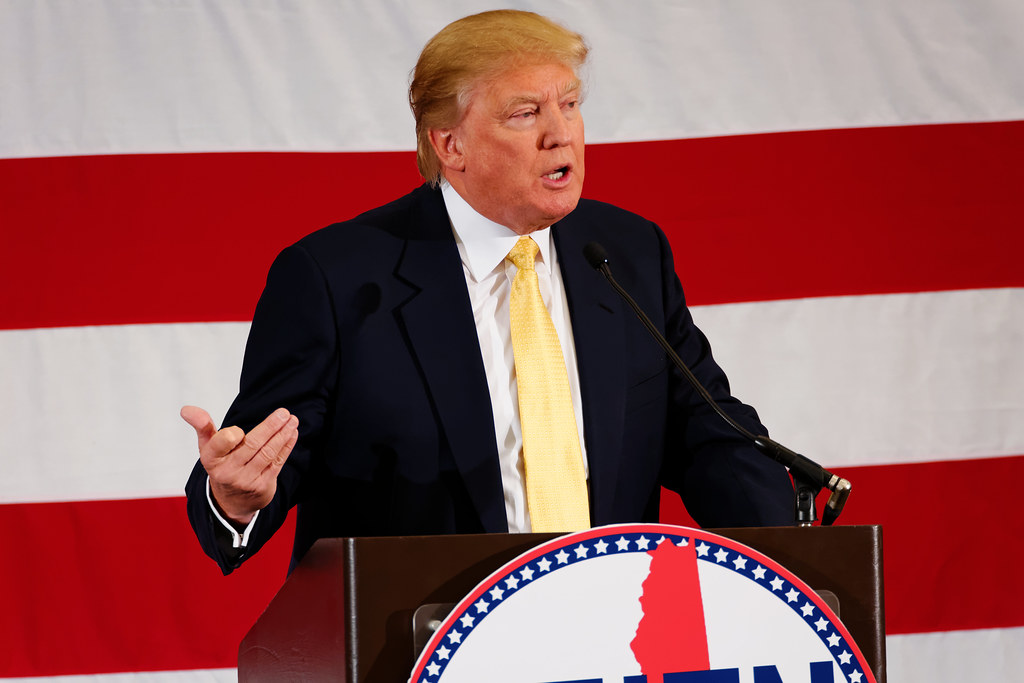Key Takeaways
- Retired Major General Randy E. Manner says President Trump and Defense Secretary Pete Hegseth used senior officers as “props.”
- Manner argues a secure teleconference could have shared the same message without theatrics.
- He believes the televised speech hurt respect for the commander in chief.
- The generals and admirals stayed apolitical, refusing to cheer like at a political rally
Trump Speech Used as Props Sparks Outrage
Retired Army Major General Randy E. Manner sharply criticized a recent speech by President Donald Trump and Defense Secretary Pete Hegseth. He said they “used as props” the top military officers gathered in Quantico, Virginia. Manner spoke on The Signorile Report podcast, calling the event a political show rather than a serious military address.
Why Generals Say They Were Used as Props
Manner argued it was unnecessary to hold a live, televised event. He pointed out that modern secure communication lets the president speak directly to generals and senior enlisted leaders at any time. Instead, this public display made officers look like stage decorations.
Background
Last week, President Trump and Secretary Hegseth addressed a room filled with senior generals, admirals, and enlisted leaders. It aired on TV for viewers nationwide. Trump used the chance to criticize the “far-left” and warn of an “enemy within.” He even asked the top brass to clap on cue like at one of his rallies.
Major General Manner’s Comments
On Thursday’s podcast, Manner said, “If he truly wanted to speak to the generals and senior enlisted leaders, he could have set up a secure teleconference. No need for a TV show.” He added that holding it on live TV shows the officers were “used as props and nothing more.” Manner called the speech rambling and politically charged. He said any college student would fail a speech that disjointed.
A Speech on TV vs. Teleconference
Manner noted that a teleconference would have kept the event private and focused. “It’s not a Zoom call, but it’s a secure line,” he explained. Yet, the White House chose a televised setting. Thus, the officers sitting behind the president became part of the backdrop. Manner said this tactic hurt both the military’s image and the presidency’s dignity.
Reaction of the Audience
According to Manner, the military leaders in the room did not cheer or applaud as Trump expected. He told friends the president would end up upset that no one hooted and hollered like young soldiers at a political rally. Indeed, the generals stayed silent. Their training stresses political neutrality, he said.
Political Tone of the Speech
The speech contained strong political language. Trump attacked far-left critics and warned of an “enemy within.” Manner felt this crossed the line. He stressed that senior officers must remain apolitical. Their duty is to carry out lawful orders, not cheer political speeches. He called Hegseth’s claim that they were told not to applaud “absolute lies.” In his view, they simply acted as true, neutral leaders.
Implications for Civil-Military Relations
Manner warned this stunt could deepen distrust between the military and the commander in chief. He said respect for the president suffered because of the event’s political slant. Moreover, he suggested that using officers as props undermines the military’s nonpartisan role. In addition, troops and veterans might view their leaders as political tools rather than dedicated professionals.
Concerns Over “Do Whatever It Takes”
Manner also slammed Hegseth’s push for military leaders to “do whatever it takes to win.” He compared that to Soviet or current Russian tactics, where rules of war often get ignored. He stressed that Americans pride themselves on lawful combat and care for civilians. He argued that the idea of breaking all rules is “not the American way.”
What This Means for the Military
In sum, Manner believes this event signals a troubling trend. First, it risks politicizing the military at the highest levels. Second, it may erode the clear line that separates civilian leadership from military professionalism. Finally, he fears young soldiers and sailors will wonder if loyalty to party matters more than loyalty to law.
Moving Forward
Looking ahead, Manner urged future administrations to keep military events off live television when politics intervene. He recommended secure briefings instead of public spectacles. By doing so, the military can stay focused on its mission and maintain its vital nonpartisan stance.
FAQs
Why did Major General Manner say the generals were used as props?
He argued the live, televised format turned senior officers into a backdrop for a political speech. He felt a secure teleconference would have been more appropriate.
Could the president have spoken to the generals without a TV broadcast?
Yes. Modern secure communication systems allow the commander in chief to address military leaders privately without public fanfare.
Did the officers applaud during the speech?
No. According to Manner, they remained silent and did not cheer, highlighting their training to stay apolitical.
What impact might this speech have on civil-military relations?
Manner believes it could weaken trust in the president and risk politicizing the military’s respected neutral role.
